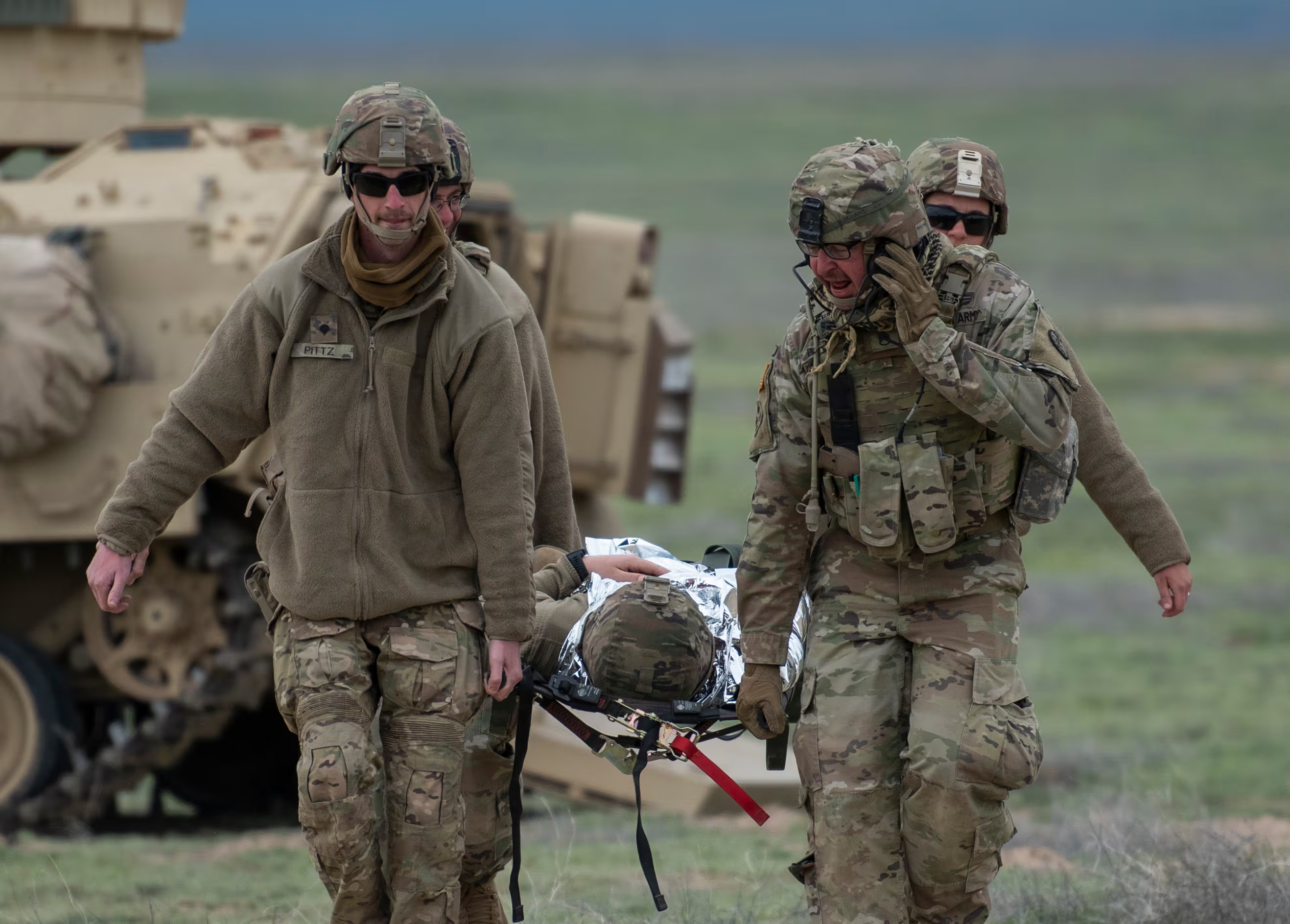The contractor in charge of shipping troops' privately-owned vehicles to and from overseas assignments has taken steps — and is re-checking those steps — to avoid a repeat of last year's problems that resulted in large numbers of delays and complaints, a company official said.
"We have procedures and people in place and we're ready to go," Ken Quinn, senior vice president and chief financial officer of International Auto Logistics, said in an interview. "We have a much better process in place this year."
U.S. Transportation Command officials recently announced they are satisfied that IAL is ready to deal with the annual summer surge and expect "significantly better contract performance" this year.
Sen. Dick Durbin, D-Ill., one of several lawmakers who expressed concern last year about the delays in the shipments of troops' cars, met with TRANSCOM chief Air Force Gen. Paul Selva on Wednesday for an update and emerged expressing cautious optimism.
"With TRANSCOM's continuing oversight, I remain hopeful that this contractor is now better prepared to meet the needs of our nation's service members and their families," Durbin said in a statement.
In October, he and Sen. Thad Cochran, R-Miss., requested an audit of the vehicle transport program. The Defense Department inspector general confirmed in December that it had opened such an audit, which is expected to be completed later this year.
Quinn said IAL has an intact network consisting of truckers, ocean carriers, vehicle processing centers and claims processors.
Some problems were fixed late last year, such as the website designed to allow troops to track their vehicle shipments online. Troops were frustrated because they couldn't get information about their cars' locations.
"The website accuracy is more than 99 percent now," Quinn said.
IAL also has put systems in place to communicate with troops by email — or however a service member prefers to be notified — when there are delays. The company also has stood up a new call center to handle calls from service members and their families.
IAL staff have analyzed whether facilities are the right size to handle volume, and whether employee training meets needs. They've looked at job roles to make sure employees have enough time to deal with the number of people coming in and identified extra personnel who will be trained and can be called in for help during a surge in car shipments.
Quinn said the company also is reviewing subcontractors to make sure they're fulfilling their roles and have the right teams in place, and auditors are making on-site visits to ensure cars are processed properly and are not sitting idle for a long time.
For vehicles dropped off at an initial processing point, "we have a short tolerance for dwell time," he said. "We stay on top of every vehicle."
A major hurdle last year was the fact that the new contract became tied up in a dispute with the previous contractor, which delayed IAL from officially taking over and starting work until May 1 — the start of the busiest season for military reassignment moves.
The company simply could not catch up.
"We were put behind the eight ball last year," Quinn said, adding that this year, "we've done a full top-to-bottom analysis to make sure everything is working."
Karen has covered military families, quality of life and consumer issues for Military Times for more than 30 years, and is co-author of a chapter on media coverage of military families in the book "A Battle Plan for Supporting Military Families." She previously worked for newspapers in Guam, Norfolk, Jacksonville, Fla., and Athens, Ga.









